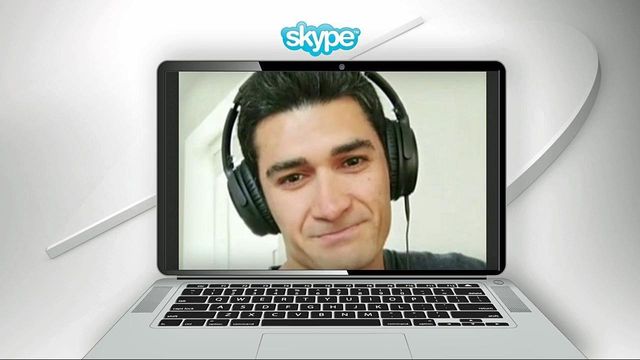Tighter restrictions on immigrants impacting research at Duke
Tighter restrictions on immigrants are now impacting research at Duke University. Mehdi Ordikhani Seyedlar was supposed to start work in May at Duke's Center for Neuroengineering on research to develop exoskeletons for paralyzed people that they can control with their mental power.
Posted — UpdatedMehdi Ordikhani Seyedlar was supposed to start work in May at Duke's Center for Neuroengineering on research to develop exoskeletons for paralyzed people that they can control with their mental power.
He turned down the job at the last minute after his visa was granted, but only with a special restriction.
"I was not going to be confined in a country, even if it is the U.S.," Seyedlar said via Skype from his home in Denmark.
He was granted a professional visa, but it came with a single entry stipulation - meaning once he got here he could not leave and come back.
"As a scientist, you need to communicate," he said. "You need to collaborate. You need to go out of the county. You need to go to the conferences to present you're work, but then single, it doesn't work."
Attorney Ann Robertson says in decades of practicing immigration law she's never seen a single entry restriction on a professional visa, known as an H1B. She said she is worried about the impact it could have on the economy.
"If we stop brining in immigrants, I promise you that I could give you the names of 20 employers right now screaming at me saying, 'You just killed my business,'" Robertson said.
Seyedlar says he hated to turn down the job, but felt trapped.
"I thought that this actually was kind of a very smart way to still not allow people that they don't like," he said.
• Credits
Copyright 2024 by Capitol Broadcasting Company. All rights reserved. This material may not be published, broadcast, rewritten or redistributed.






